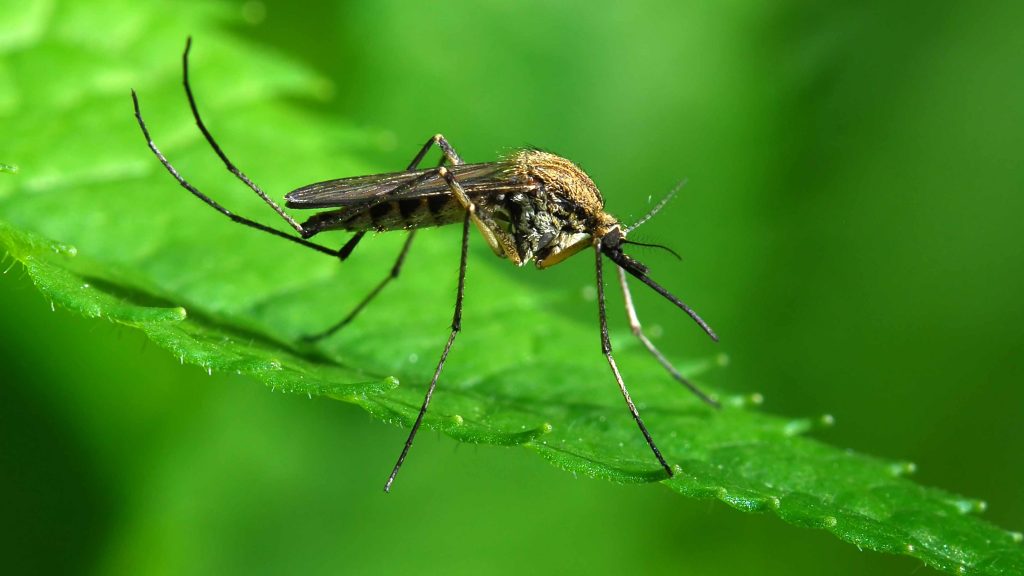-
World Mosquito Day: Mosquitoes carry viruses and parasites that can cause severe illness

Mosquito bites are the itchy bumps that appear after mosquitoes use their mouthparts to puncture your skin and feed on your blood. The bump usually clears up on its own in a few days. Occasionally a mosquito bite causes a large area of swelling, soreness and redness. This type of reaction, most common in children, is sometimes referred to as skeeter syndrome.
Bites from mosquitoes carrying certain viruses or parasites can cause severe illness. Infected mosquitoes in many parts of the world transmit West Nile virus to humans. Other mosquito-borne infections include yellow fever, malaria and some types of brain infection (encephalitis).
Mosquito bite signs include:
- A puffy, white and reddish bump that appears a few minutes after the bite.
- A hard, itchy, reddish-brown bump, or multiple bumps, appearing a day or so after the bite or bites.
- Small blisters instead of hard bumps.
- Dark spots that look like bruises.
More-severe reactions may be experienced by children, adults not previously exposed to the type of mosquito that bit them, and people with immune system disorders. In these people, mosquito bites sometimes trigger:
- A large area of swelling and redness
- Low-grade fever
- Hives
- Swollen lymph nodes
When to see a health care provider
If mosquito bites seem to be associated with more-serious warning signs — such as fever, headache, body aches and signs of infection — contact your health care provider. They can usually identify mosquito bites by sight.
The red, itchy, painful swelling referred to as skeeter syndrome is sometimes mistaken for a secondary bacterial infection brought on by scratching and broken skin. Skeeter syndrome is actually the result of an allergic reaction to proteins in mosquito saliva. There's no simple blood test to detect mosquito antibodies in blood, so mosquito allergy is diagnosed by determining whether the large, red areas of swelling and itching occurred after you were bitten by mosquitoes.
Lifestyle and home remedies
Most mosquito bites stop itching and heal on their own in a few days. These self-care tips may make you more comfortable.
- Apply a lotion, cream or paste. Putting calamine lotion or nonprescription hydrocortisone cream on the bite can help ease the itch. Or try dabbing the bite with a paste made of baking soda and water. Reapply several times daily until your symptoms go away.
- Apply a cool compress. Try soothing the bite by applying a cold pack or a cool, moist cloth for a few minutes.
- Take an oral antihistamine. For stronger reactions, try taking a nonprescription antihistamine (Benadryl, Chlor-Trimeton, others).
This article is written by Mayo Clinic Staff. Find more health and medical information on mayoclinic.org.
Related information:
- Mayo Clinic Minute: Easing the itch of a mosquito bite
- Malaria is a disease caused by a parasite
- A mosquito-transmitted virus causes most cases of West Nile infection
- Infectious Diseases A–Z: What’s Eastern equine encephalitis?
- Infectious Diseases A-Z: Mosquitoes after the hurricanes
- Infectious Diseases A-Z: Standing water and diseases after the storm
- Infectious Diseases A-Z: Can mosquitoes carry more than one virus at a time?







